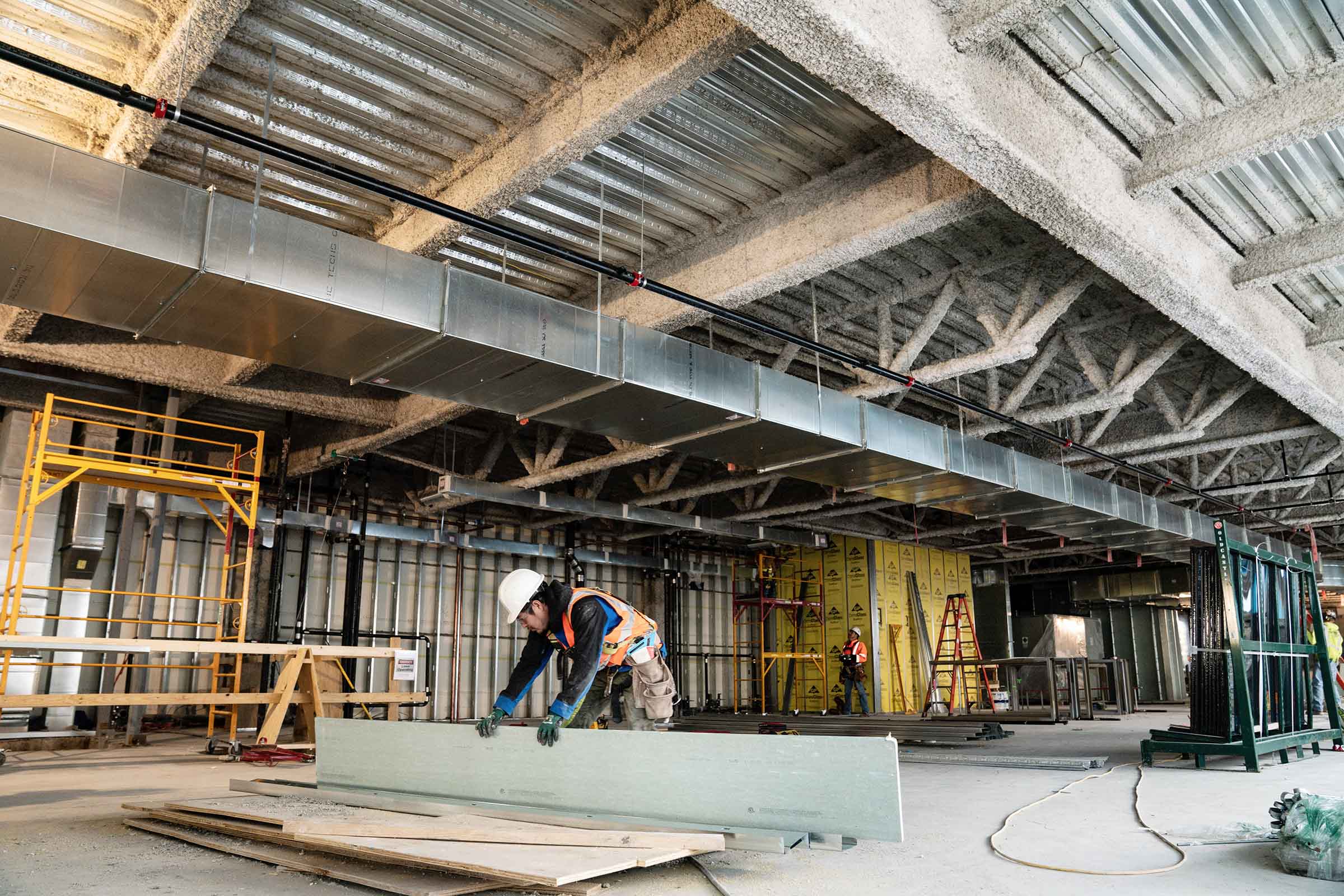
The changes in the construction industry throughout the past 40 years have been phenomenal. For instance, in 1982 we built the Virginia World Trade Center in Norfolk, a project which took 23 months to build (and got its 15 seconds of fame in the GEICO commercial “Gecko visits Battleship Wisconsin” – it’s the rounded building surrounded by greenspace). The documents we received from the design team were 100 percent complete. There were few Requests For Information (RFIs) or changes.
Today that same project would probably take us 13 months to build and include many Architect’s Supplemental Instructions (ASIs) and RFIs.
The term “fast track” construction was first used in 1968, but the idea began taking root across the industry in the 1990s and 2000s. It’s a project delivery strategy that starts construction before the design is complete to shorten the time to finish.
Today, owners and developers expect projects to be designed and built as fast as possible. But this makes building a quality building more difficult than it was 36 years ago.
With changes in the labor force after the recession (retirements, trade partners going out of business, people leaving the industry) and the slow phasing out of trade programs and vocational schools, trade partners are now more focused on production. Personnel are less trained, and their days revolve around quantity more than quality. In addition, there is often a language barrier that makes it difficult for a general contractor to communicate expectations to all team members.
Having a solid Quality Assurance (QA) program and quality culture are imperative to our success. We have pre-job and pre-installation conferences to verify scope of work, inclusions, exclusions, submittals, and installation requirements. We require the trade contractor’s on-site superintendent be in attendance for these conferences. Having the trade contractor’s project manager attend is great, but the on-site superintendent is a must to ensure he or she knows the plan and that we won’t have a communication break down.
Our trade partner agreements now require the on-site superintendent be competent, meaning skills-wise and with the authority to make safety-related changes. We also have the right to request a change, and this request is being made much earlier in the process. As general contractors, we don’t have time in the schedule to micromanage.
The projects we build will have our name on them forever. It is our job is to build a quality product that meets our, and our client’s, expectations.

